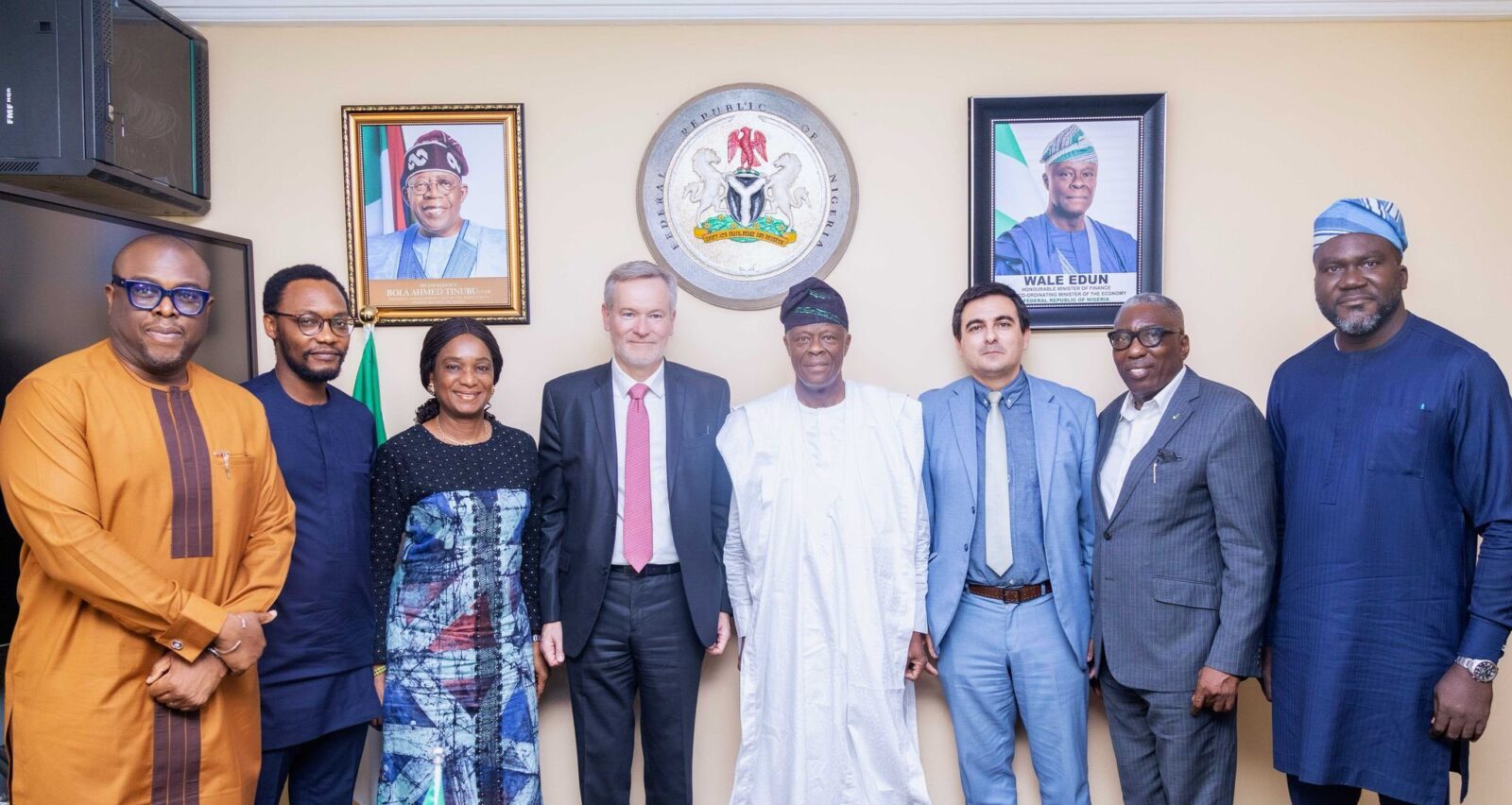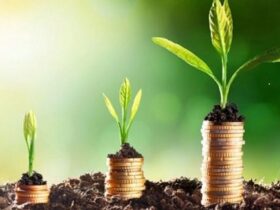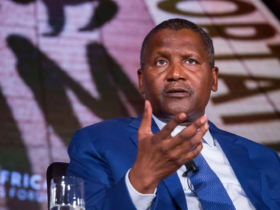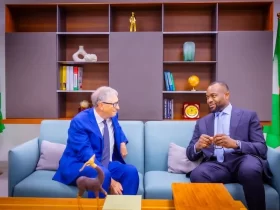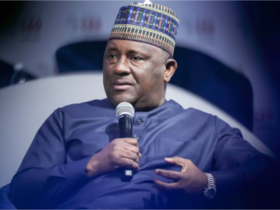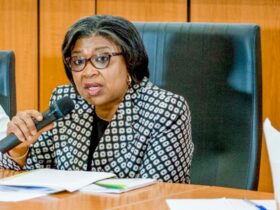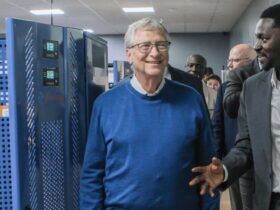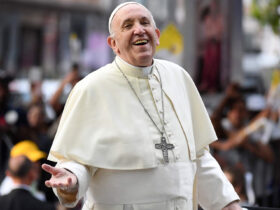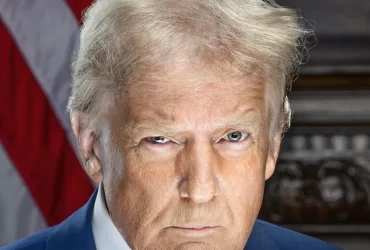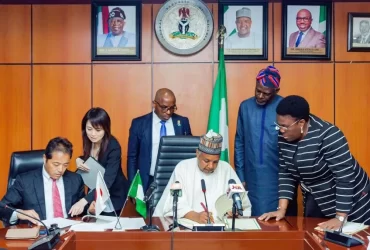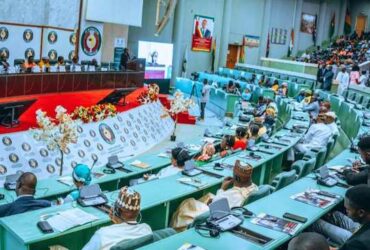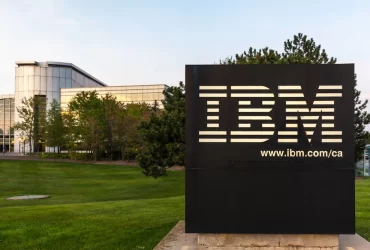Quick Summary:
- Nigeria and the EU explore a €1.3B investment deal.
- Talks focus on trade, infrastructure, and reforms.
- The EU aims to boost Nigeria’s digital and green economy.
- Stronger ties could drive growth, jobs, and development.
High-Level Investment Talks in Abuja
The Minister of Finance and Coordinating Minister of the Economy, Wale Edun, met with the European Union (EU) Ambassador to Nigeria, Mr. Gautier Mignot, in Abuja to discuss a strategic €1.3 billion investment package. The meeting, held on Wednesday, focused on strengthening economic ties and fostering sustainable development.
The Federal Ministry of Finance shared details of the discussion in a post on X (formerly Twitter) on Thursday, emphasizing the significance of the EU’s investment commitments in Nigeria.
EU’s Commitment to Trade and Investment
During the meeting, Ambassador Mignot underscored the EU’s role as Nigeria’s largest trading partner and a key source of foreign direct investment (FDI). He proposed the establishment of a structured trade and investment dialogue framework to enhance collaboration in crucial sectors, including infrastructure, green finance, and sustainable development.
The discussion also highlighted the EU’s ongoing €1.3 billion investment portfolio in Nigeria, recent engagements by the European Bank for Reconstruction and Development (EBRD), and the EU’s Global Gateway Investment Strategy, which aims to boost infrastructure and sustainable development across Africa.
Strengthening Economic Ties
Ambassador Mignot reaffirmed the EU’s commitment to supporting Nigeria’s economic transformation. He noted that the country’s ongoing reforms and growing trade surplus present promising opportunities for deeper cooperation. The EU is particularly interested in accelerating Nigeria’s infrastructure modernization, digital economy expansion, and energy transition.
Nigeria’s Economic Reforms and Growth Prospects
Minister Edun welcomed the EU’s proposals and reiterated Nigeria’s commitment to macroeconomic stability, investor-friendly policies, and fiscal consolidation. He highlighted key reforms aimed at improving the ease of doing business, including:
- The National Single Window trade facilitation system
- Tax policy adjustments
- Strategies to attract private capital into critical sectors
Edun also pointed to Nigeria’s projected GDP growth of 4.6% by 2025, driven by sustained reforms in the oil and non-oil sectors. He emphasized the government’s strategic investments in agriculture, technology, and manufacturing as key drivers of economic expansion.
Focus on Major Infrastructure Projects
Discussions also covered major infrastructure initiatives, including the Trans-Saharan Gas Pipeline. This project aims to enhance energy exports and regional integration, contributing to Nigeria’s long-term energy security and economic stability. Additionally, Nigeria’s push for green finance solutions was a focal point, as the country seeks to develop climate-resilient infrastructure.
Both parties expressed optimism about future collaborations, with Minister Edun affirming Nigeria’s openness to deeper partnerships in areas such as digital innovation, agro-industrialization, and renewable energy.
What This Means for Nigeria
The proposed EU-Nigeria trade and investment dialogue could unlock significant economic benefits, including:
- Increased capital inflows
- Technology transfer
- Job creation
With the EU’s financial backing and Nigeria’s reform momentum, the partnership is expected to drive sustainable economic growth and strengthen bilateral relations between both regions. This development further positions Nigeria as a prime destination for international investment and economic cooperation.

